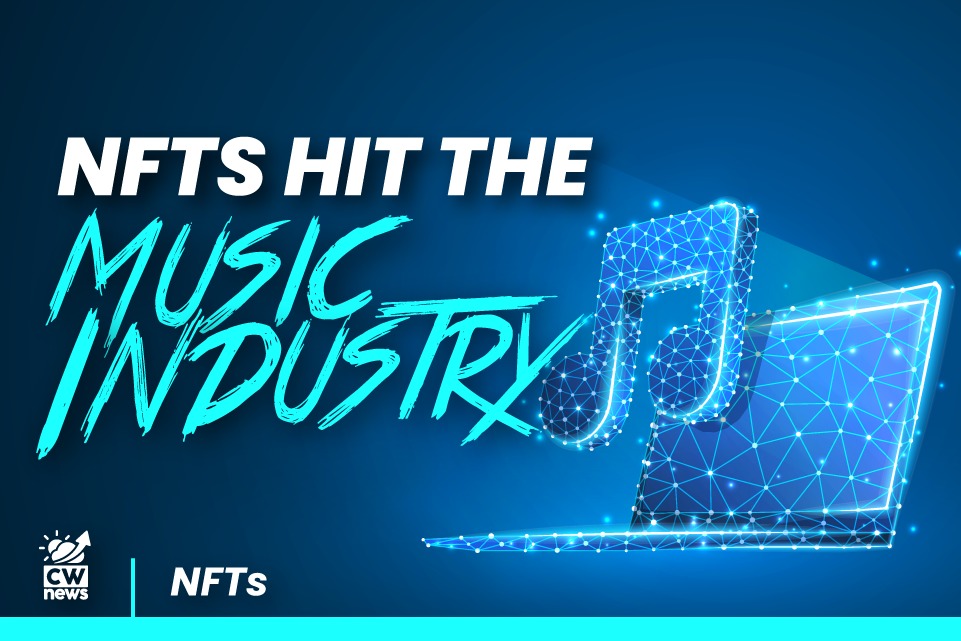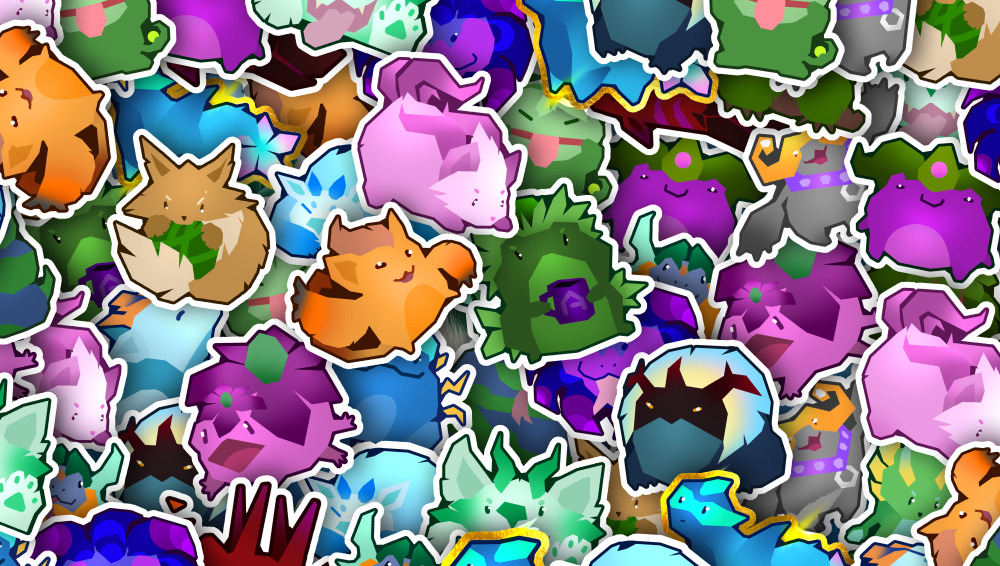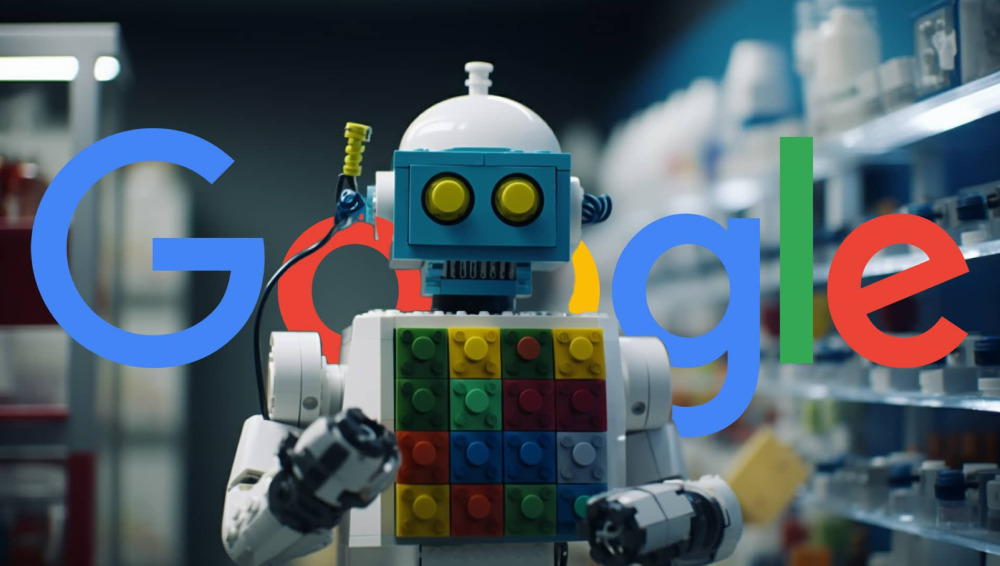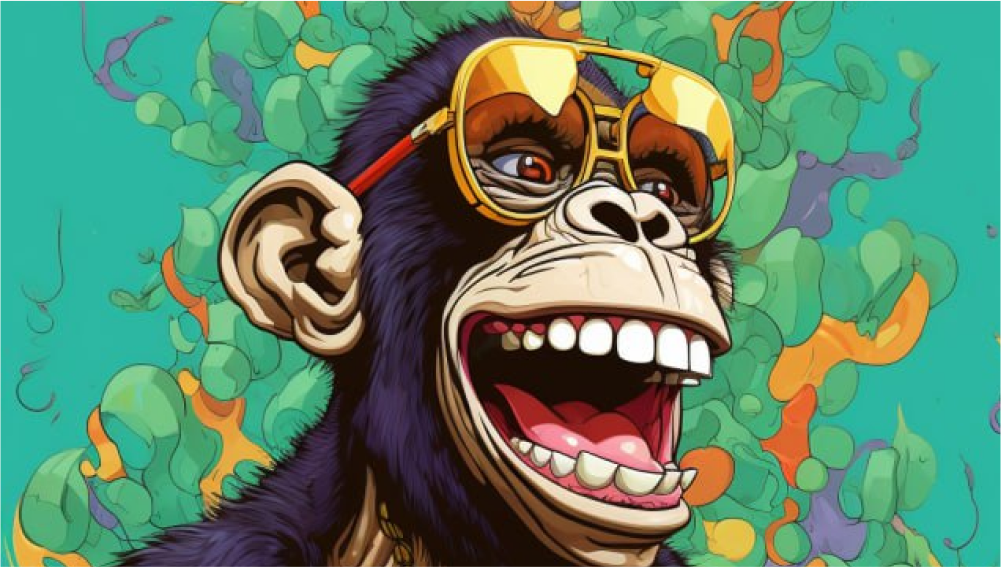As we already mentioned, NFTs are hitting various industries and spheres in our life. The music industry is not an exception. But how can the NFT music work and how can NFTs affect the music industry? Well, let’s find out in our next article.
Music as NFT
Actually, the musicians have been making millions of dollars independently by selling not only their CDs but also various kinds of their art in digital form. We are talking about videos, clips, photos, and other kinds of digital media they can think to throw up on the blockchain.
3LAU (DJ and music producer) made $11.6 million selling music NFTs in only 24 hours. Few days later, Canadian musician Grimes made $5.8 million in just 20 minutes. DJ Steve Aoki made $4.2 million in the first week of March. Those types of paydays might’ve normally taken the artists years to collect. And this is the real advantage of the NFTs in the music industry – they have created a new model for musicians and artists to reach the consumers with no need of a middleman in distribution.
As like in any other industries, also in the music world, an NFT could be defined as a rare collectible that is stored on a digital ledger. Artists and musicians can create NFTs themselves. After that, they can auction them off in various forms of digital media to their fans. The artists can also receive royalties every time a buyer of a specific digital copy is sold to somebody else. This puts a lot of power back in the hands of artists who now have another way to monetize their art or other forms of digital merchandise.
Why do musicians get involved with NFTs?
The fade of the CD and digital downloads in favour of online music streaming has lower profits – mainly for the artists themselves.
More than 150 musicians, including Paul McCartney or Kate Bush wrote to Boris Johnson, UK Prime Minister, calling for updated legislation to protect artists better in the new landscape. They pointed out that “songwriters earn 50% of radio revenues, but only 15% in streaming”.
Recognising the scale of the shift, the UK’s Department of Culture, Media and Sport select committee has also been gathering evidence on how the billions of pounds generated by services like Spotify, Apple Music and Amazon Music Unlimited are distributed.
Before the pandemic, artists had increasingly relied on touring to break even. The potential of NFTs to supplement income holds huge appeal as the live music is continuing to face an uncertain future.
This is especially true because it offers artists the chance to bypass the swathe of label, distributor and publisher rights. “NFTs allow bands to cut out the expenses and the risks that result from so many intermediaries, and save time by selling directly to their fan base,” said Carol Alexander, a finance professor at the University of Sussex.
Linkin Park co-founder Mike Shinoda reflected this in a series of tweets after receiving a $10,000 (£7,000) bid for one of his NFTs.
Who’s buying NFTs?
The most connected crypto investors tend to dominate in the purchases of high-profile collections.
Cooper Turley handles crypto strategy at music streaming/sharing platform Audius. He invested in NFTs from Grimes and Shinoda. He also is a friend to Tim Kang, a software engineer who made his wealth in crypto-currency Ethereum. He has spent $2m on NFTs so far.
Jimi Frew, co-founder of Blockchain Music, who delivered music producer deadmau5’s first digital collectibles claimed:
“90 percent of them are very wealthy crypto holders. That leaves out the fans that can’t afford these high-ticket items.” And what about an average music fan? Luckily, some NFT is also available for the everyday listener outside the millionaire club.
Kings Of Leon made headlines by giving fans the chance to buy their latest album When You See Yourself as an NFT album. The $50 token included a moving album cover and a limited-edition physical vinyl. An added value of the super token option was the chance to win a “golden ticket” of VIP concert seats and other benefits.
Why should musicians care about NFT in music?
So what does all this mean for the music industry? Firstly, NFTs have the attribute to change the relationship between artists and their fans. And now there’s an option of a direct transaction between the musicians and the listernes —there’s no label, distributor, or streaming platform included.
Let’s take a detailed look at what that actually means:
1. Fans can invest
With the current state of the music industry, artists have just a few opportunities to learn about the listeners. They do not know much else about the people who make up those numbers, even if they have a look at the number of Spotify streams.
The biggest fan can show the musician that he is his biggest fan by investing in the artist’s career, when buying his NFT.
If there is an up-and-coming artist, he can give his fans an opportunity to tell him much they believe in his future success. They can buy his music NFT now with the hope that if the artist blows up, the audio NFT or other music NFTs will be worth much more in the future.
Secondly, if someone buys crypto art music in the form of NFT from a smaller artist, they will do everything to promote the artist and help him grow. Just to drive up the value of the NFT. This is really great for the artist and it can help attract future NFT buyers.
Lastly, musicians can use NFTs to help fund his next project. If he´d like to release an album but isn’t sure how he is going to pay for it, he can raise funds by simply selling NFtS. This is actually not a 100% reliable way to raise funds.
2. Fans can get exclusive secondary income
NFTs are still a relatively new concept, it’s understandable that many people might be a little balky to pay a significant amount of money for ownership of a digital asset. That’s why many artists create NFTs that include their digital product, plus an exclusive secondary income or benefits experience that buyers can redeem in real life.
As already mentioned Kings of Leon, for example, released an NFT that includes their new album. It also includes four front-row seats and a VIP experience at any Kings Leon concert for the rest of the token holder’s life.
These perks motivate people to buy and hold on to their NFTs. They also get passed on to the next buyer when the NFT is resold.
3. The potential to make more profit
NFTs give artists the chance to have a direct deal with their fans. They also keep virtually all the money they make from the sale. It is clear that the profits would depend largely on how valuable the NFT is. Another significant factor is how many people buy them. But you can see that it is still much better than $0.0032 per stream the musician gets from Spotify.
The other thing that could potentially result in more profit for the musicians is that they can sell their NFTs at a set price but he can also set up an auction
Dominika
Source: www.bbc.com
Read more about NFTs
And why are NFTs important for digital artwork
There is much more coming this week so stay tuned and follow us on our socials
Disclaimer: This article is provided for informational purposes only. It is not offered or intended to be used as legal, tax, investment, financial, or other advice.





